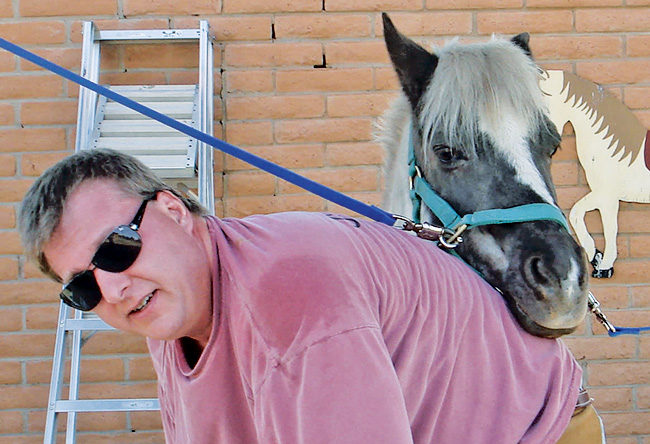American Farriers Journal
American Farriers Journal is the “hands-on” magazine for professional farriers, equine veterinarians and horse care product and service buyers.

Milton Turner holds an MBA from the University of Phoenix and is a marketing research manager with Farnam in Phoenix, Ariz. In addition, he is a 1985 graduate of the Oklahoma Farrier’s College and operates his own hoof-care business.
Healthy hooves are certainly an important part of having a healthy horse. And while many factors contribute to overall hoof health, a well-balanced diet and proper hoof care are among the most important.
A well-balanced diet provides the nutrients needed to stimulate hoof growth and maintain the strength and flexibility of the hoof as it grows. Then proper hoof care is required to keep the hooves shaped and balanced as they continue to grow.
Neglect with either the nutritional needs of the hoof or care of the hoof can result in a variety of hoof problems.
When hooves are nutrient deficient, they grow at a slower rate than normal. With a barefoot horse, a slow growth rate may cause the hoof wall to wear away faster than it is growing.
If this happens, the sole becomes closer to the ground or comes in direct contact with the ground. This causes bruising or potential lameness from excessive pressure placed on the sole.
With a shod horse, a lack of hoof growth presents a different problem. When the horse is trimmed, less hoof wall will be removed than is normally the case. This often results in new nail holes being set too close to old nail holes.
…